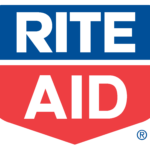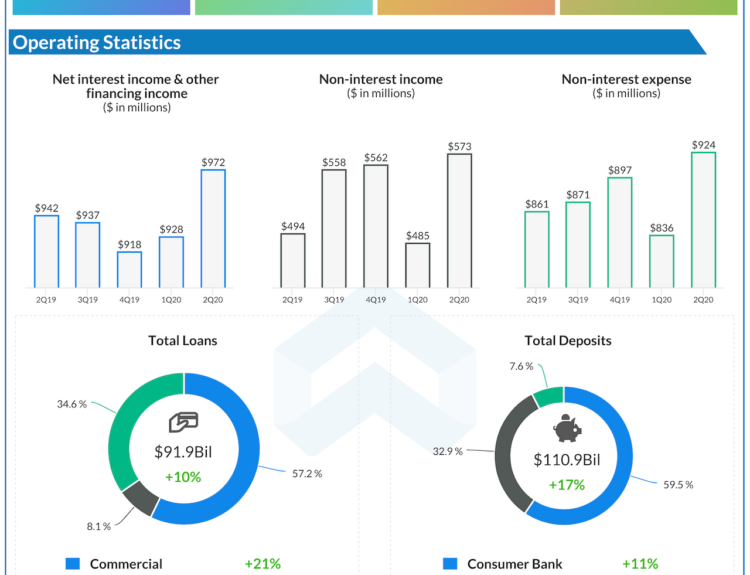Don’t overlook the financial impact of dental care in retirement
- Dental expenses are a major unexpected cost in retirement
- Implants, crowns, and gum tissue grafts can cost thousands of dollars
- Medicare does not cover expensive dental work
- Dental insurance has annual caps and coverage restrictions
- Savings, including Health Savings Accounts, can be used to pay for dental expenses
- Some retirees may need to save a significant sum for future dental bills
- Regular dental checkups and cleanings are important for preventive care
- Dental health is connected to overall health and well-being
Factuality Level: 8
Justification: The article provides information about the potential costs of dental expenses for retirees and discusses options for paying for them, such as dental insurance and savings. The information is based on statements from certified financial planners and includes examples of specific costs. However, the article does not provide any sources or data to support the claims made.
Noise Level: 7
Justification: The article provides some useful information about the potential costs of dental expenses for retirees and offers suggestions on how to pay for them. However, it lacks in-depth analysis and evidence to support its claims. It also veers off-topic by discussing Medicare enrollment and other unrelated topics. Overall, the article contains some relevant information but is not particularly rigorous or insightful.
Financial Relevance: No
Financial Markets Impacted: No
Presence of Extreme Event: No
Nature of Extreme Event: No
Impact Rating of the Extreme Event: No
Justification: The article does not pertain to financial topics and does not describe any extreme events.
Public Companies:
Private Companies:
Key People:
Retirement planning often focuses on housing, food, and utility bills, but one major expense that is often overlooked is dental care. Dental expenses can be a significant financial burden for retirees, with costs for implants, crowns, and gum tissue grafts reaching well over $10,000. Medicare does not cover expensive dental work, and dental insurance policies have annual caps and coverage restrictions. So how can retirees prepare for these steep dental bills? One option is to save for dental expenses using a Health Savings Account (HSA) or other savings. Maximizing annual HSA contributions and investing the funds can help cover future dental costs. Some retirees may need to save a significant sum each year during their peak earning years to prepare for uncovered medical, dental, and vision expenses. Regular dental checkups and cleanings are also important for preventive care, as dental health is connected to overall health and well-being. It’s crucial not to neglect dental care in retirement, as dental issues can have long-term consequences and impact overall well-being.





